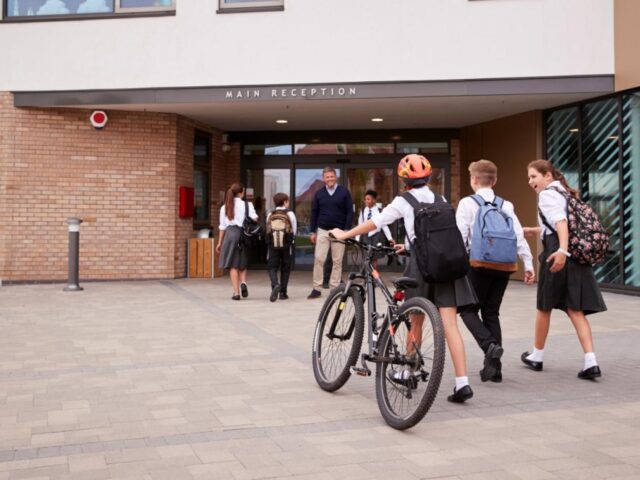Research shows that when an Ofsted report shows school quality is improving, parents reduce the time they spend supporting children with school work. However, when the news about school quality is good, children are significantly more likely to increase the time they spend on their homework, partly to compensate for the fall in parental input.
This research is based on a unique combination of survey data from Understanding Society with administrative data on Ofsted inspections and school performance between 2009 and 2015. The research team from the Universities of Bristol, Sussex, Essex and UCL found that parents receiving good news about their child’s school were around 20 per cent more likely to reduce help with homework.
The case study is the second in a series of six in 2023 which will each showcase a research paper which used Understanding Society to assess a specific government policy to understand its level of success and its unintended consequences. This second one is based on Parental Responses to Information About School Quality: Evidence from Linked Survey and Administrative Data, published in The Economic Journal this year.
The researchers were able to link Understanding Society data with the children’s school inspection reports, and benefitted from the fact that school inspections can take place in any month during the academic year and household survey interviews can take place in any month, too. Because these results were random and independent of one another, this gave the evaluation an exceptionally strong control group to compare against.
You can also read a blog on this work from ISER researcher Professor Birgitta Rabe
EducationFamily and households



